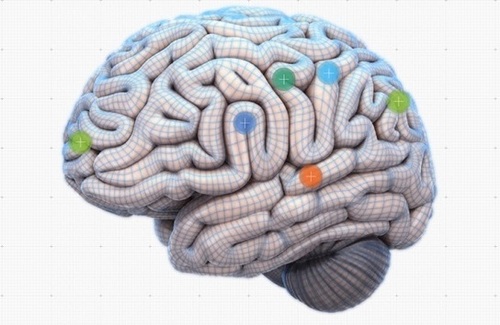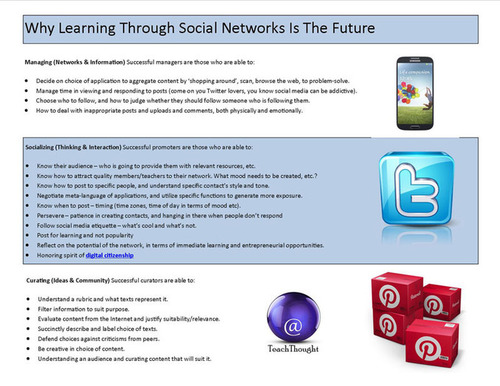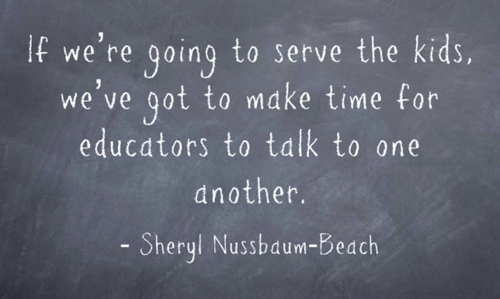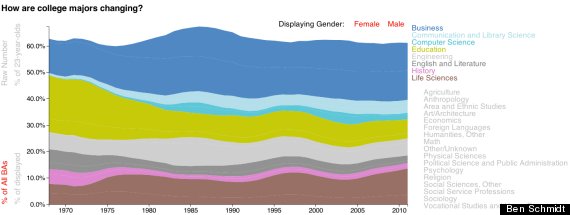medgadget.com - The world of nano-tech research has been, of late, giving birth to many promising cancer fighting technologies. These have come in many different forms, including cancer detection, cell monitoring, and tumor eradication, however they all share one commonality: most cancer nanotechnologies being developed today are based on a single-function design.
University of Cincinnati scientists partnered with researchers from Tongji University (Shanghai), Stanford University, and University of Houston, and will be presenting at the upcoming Materials Science & Technology Conference in Montreal, Canada this week their research in the field of multi-functional cancer-fighting nanotechnology. Specifically, they have developed a nano-carrier that may be capable of transporting a variety of cancer-fighting nanoparticles on its double sided surface. The nano-carrier should be able to deliver fluorescent biomarkers and cancer-detecting nanoparticles to the target site within the body, attach fluorescent markers cancer cells (for identification and targeting purposes), transport anti-cancer drugs to the tumor, and use smart technology to deliver precise doses of medication only where necessary.






















